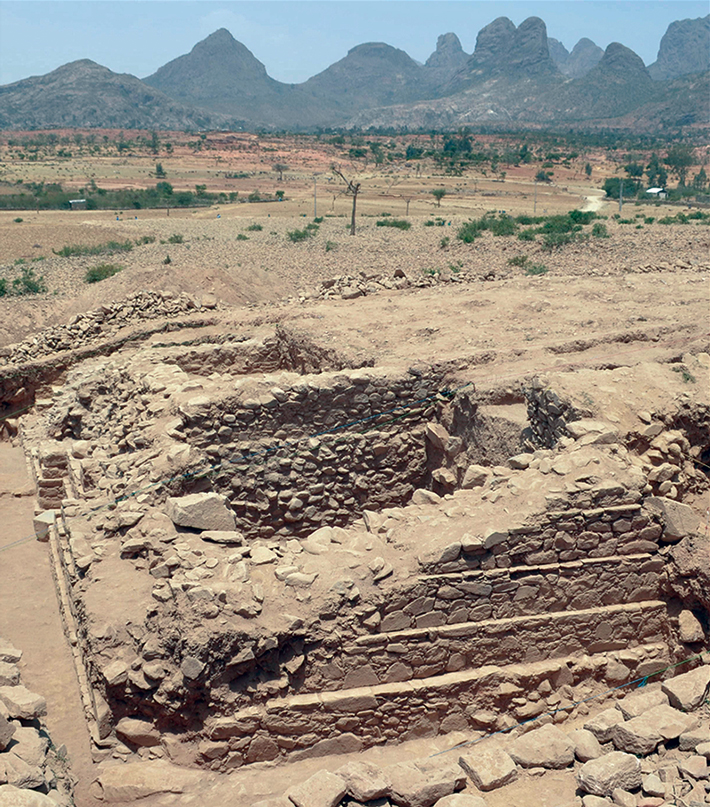
(Courtesy Michael Harrower)
Basilica, Beta Samati, Ethiopia


